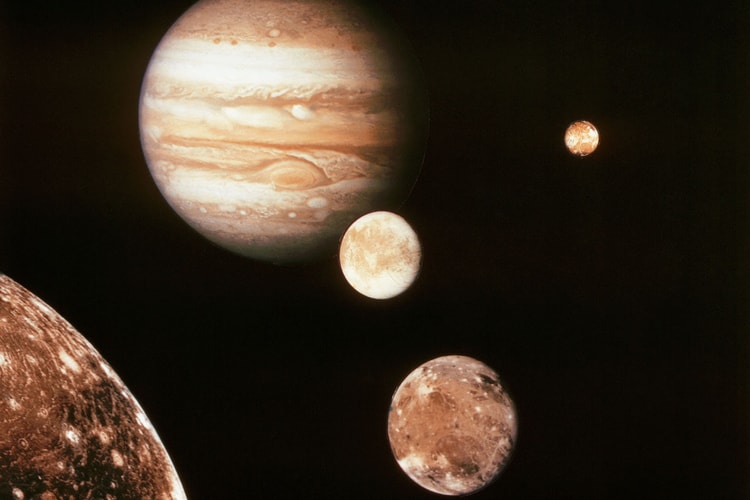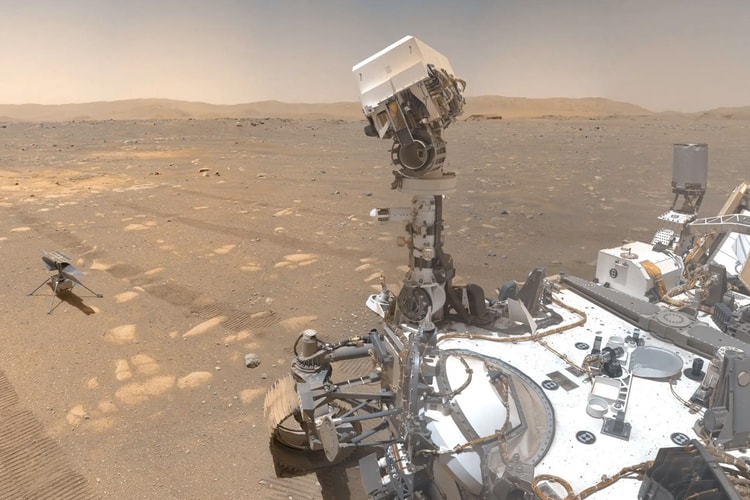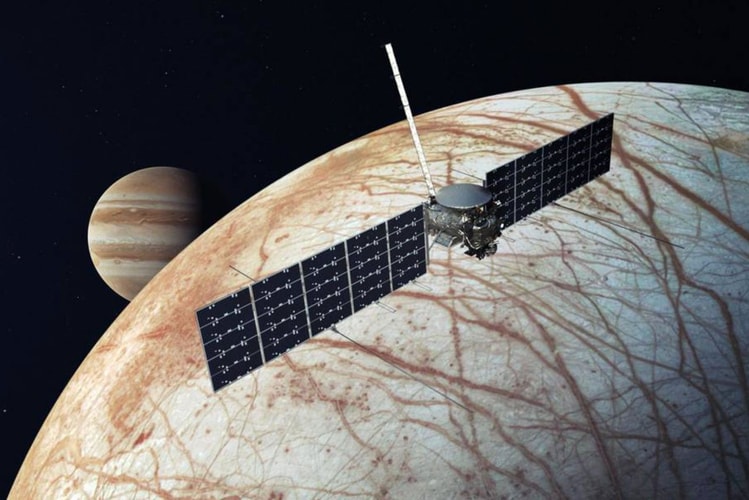Here's What Jupiter's 'Beautiful and Violent Atmosphere' Looks Like in 3D
Captured by NASA’s Juno probe.
NASA‘s Juno probe has captured a deeper view of Jupiter‘s atmosphere.
Scientists have developed the first three-dimensional look at Jupiter’s atmospheric layers, showcasing the mechanics of the planet’s turbulence in greater detail. The results examine the inner workings of the belts and zones of clouds that circle the planet, along with its polar cyclones and its Great Red Spot.
“These new observations from Juno open up a treasure chest of new information about Jupiter’s enigmatic observable features,” said Lori Glaze, director of NASA’s Planetary Science Division at the agency’s headquarters in Washington, in a statement. “Each paper sheds light on different aspects of the planet’s atmospheric processes – a wonderful example of how our internationally-diverse science teams strengthen understanding of our solar system.”
NASA’s Juno spacecraft first entered orbit in 2016. Since then, the probe has circled the planet 37 times, utilizing several specialized instruments to explore below Jupiter’s clouds on each round.
“Previously, Juno surprised us with hints that phenomena in Jupiter’s atmosphere went deeper than expected,” said Juno principal investigator Scott Bolton. “Now, we’re starting to put all these individual pieces together and getting our first real understanding of how Jupiter’s beautiful and violent atmosphere works — in 3D.”
Juno’s microwave radiometer (MWR) provides mission scientists with the ability to look beneath the planet’s clouds and vortex storms, the most famous of which is the Great Red Spot. The results indicate that the cyclones are warmer towards the top, with lower atmospheric densities, and that they are colder by the bottom, where there is a higher density.
Take a look at NASA’s latest findings in the video above.
Elsewhere, Nikon has unveiled its 45.7-megapixel flagship Z 9 mirrorless camera.














